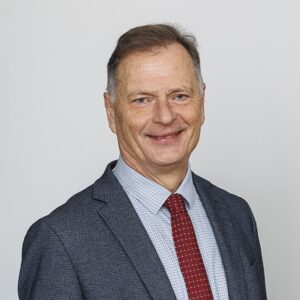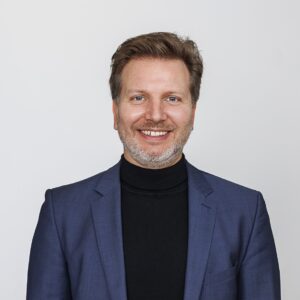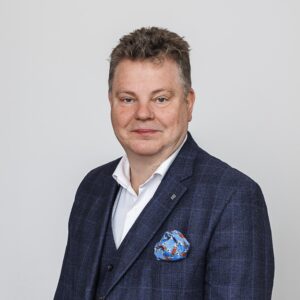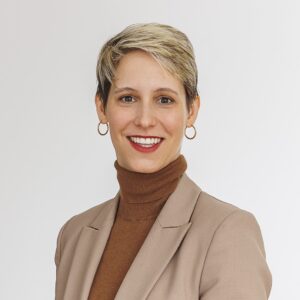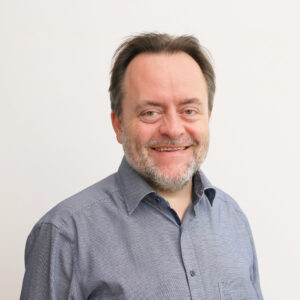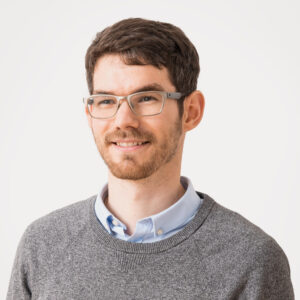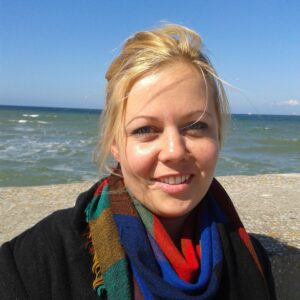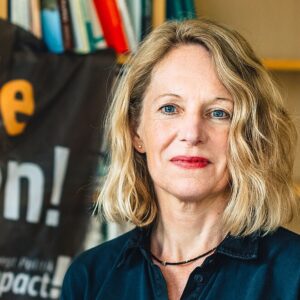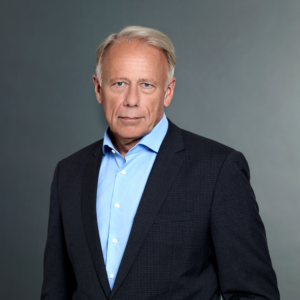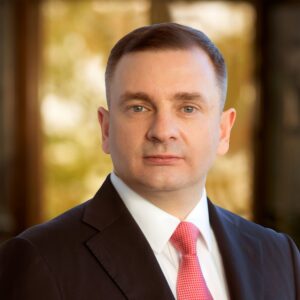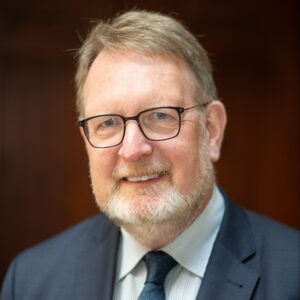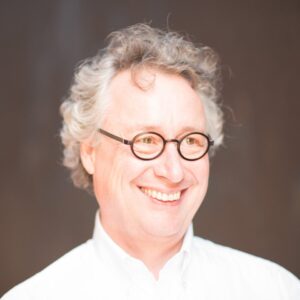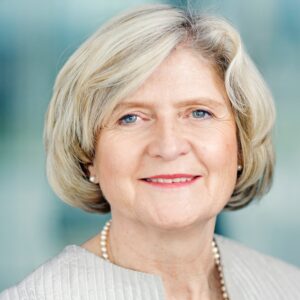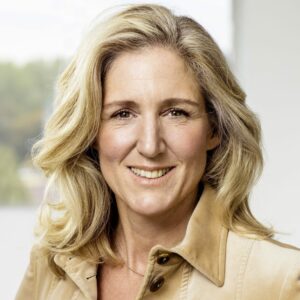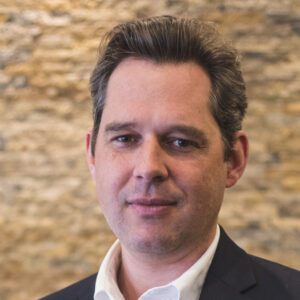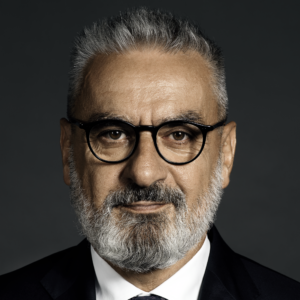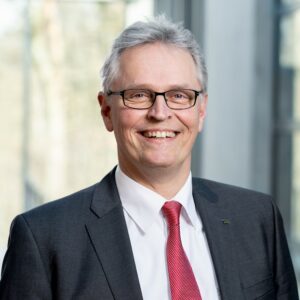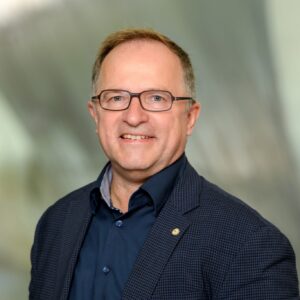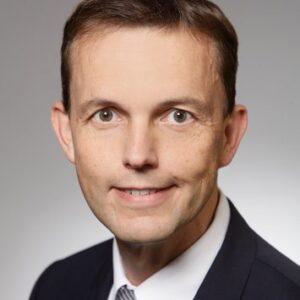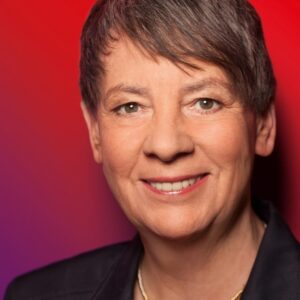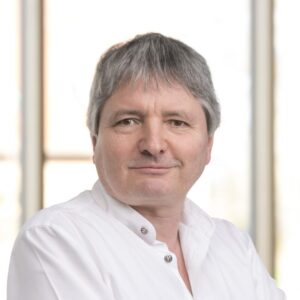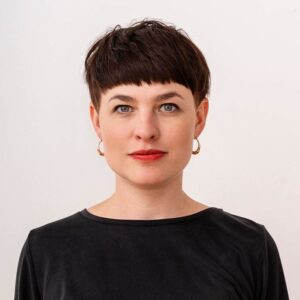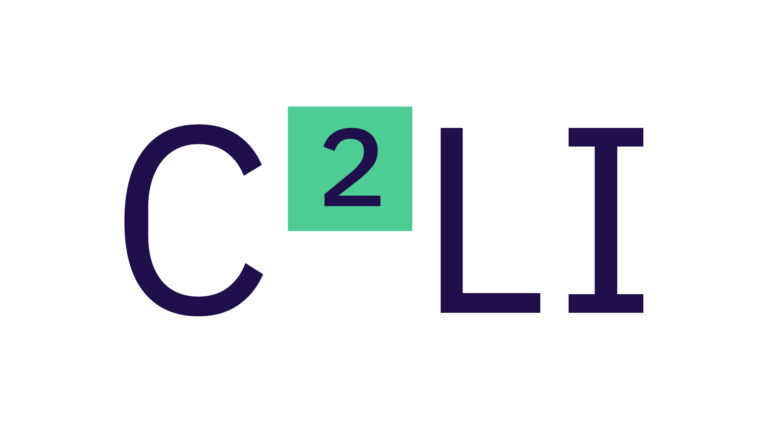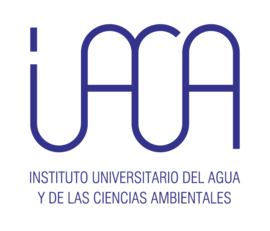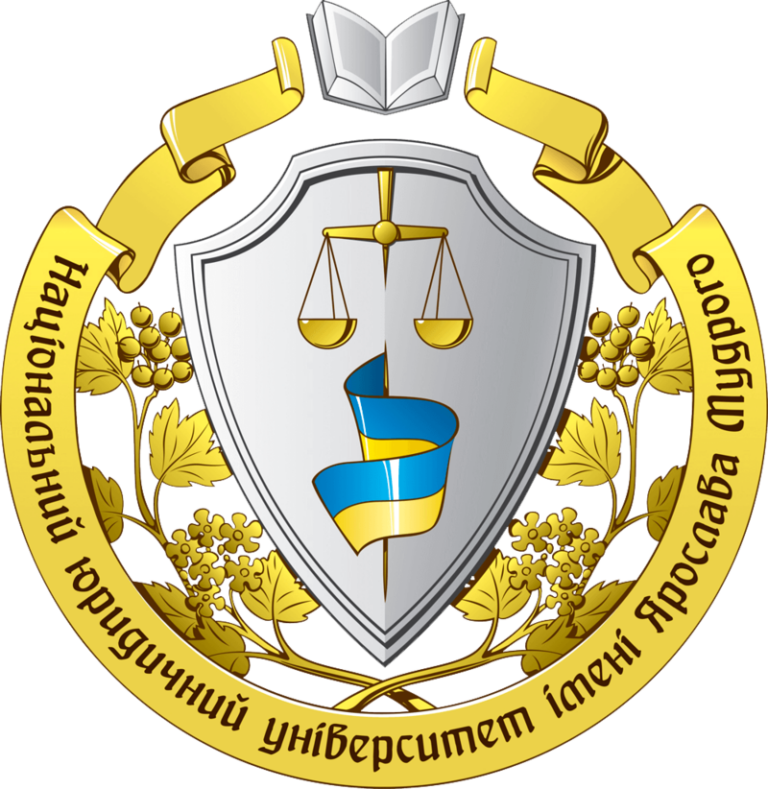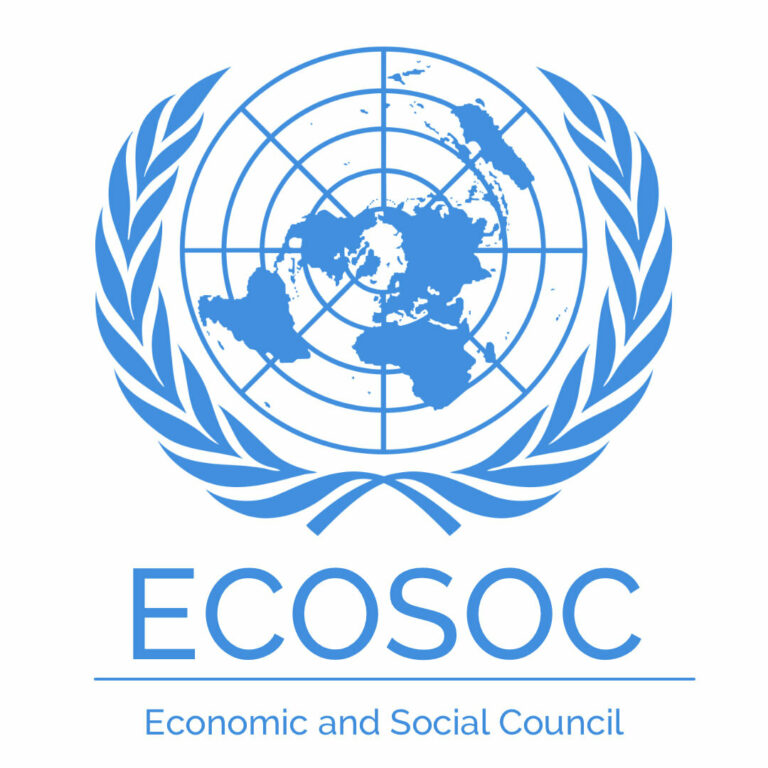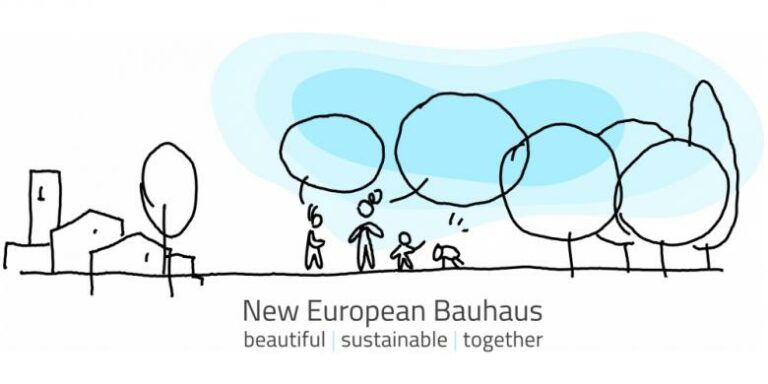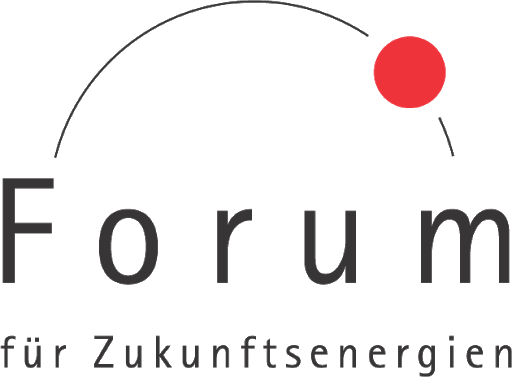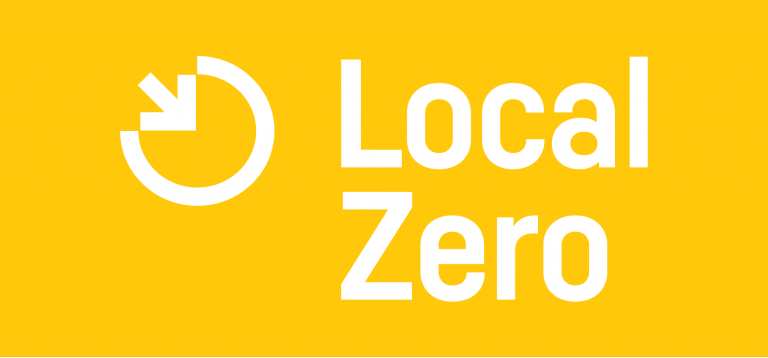The Institute
IKEM is a non-profit association and independent research institute with over 10 years of experience in interdisciplinary research on climate change mitigation. Its work explores issues at the intersection of law, economics and politics.
Fundamental research
IKEM is affiliated to the University of Greifswald. Since 2009, it has conducted research on climate change mitigation and related challenges, such as the transition to sustainable energy and mobility. We work closely with other universities and research institutions to examine the legal, economic and political basis for successful climate action.
Recommendations
Legislation must be consistently oriented towards the reduction of greenhouse gas emissions and the implementation of sustainability criteria. We promote fact-based decision-making on climate change mitigation through research, networking and knowledge transfer.
Applied research
We regularly participate in projects that test ideas for the transformation of industry and society in real-world laboratories and in implementation projects. Our research promotes innovations in the legal and political framework and enables climate solutions to reach the market with optimal public acceptance.
Public engagement
We are committed to increasing public acceptance of and participation in the transition to sustainability. That's why we are developing innovative communication formats that make knowledge about climate change and the energy and mobility transitions accessible to everyone. We believe that climate action must go hand in hand with social justice. We are committed to inclusion and equality at all levels and support local initiatives promoting equitable development.
Locations

Berlin
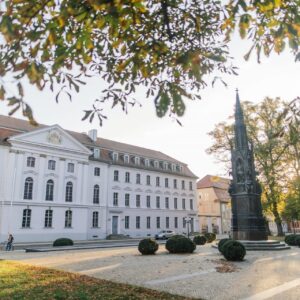
Greifswald
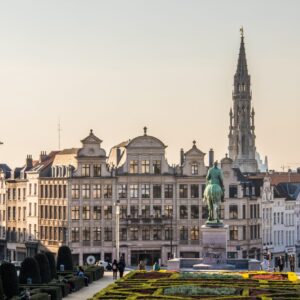
Brussels
Director and Board of Directors
The institute is led by the executive and scientific director, Prof. Dr. Michael Rodi. Under the supervision of the institute’s director, the board of directors decides on IKEM’s strategic direction and assumes responsibility under association law.
More information
Management
IKEM’s managing directors oversee the day-to-day operations of the institute on behalf of the Board of Directors and guide the future development of the Institute.
Scientific supervision
The scientific supervision of the institute is the provided by the scientific director Prof Dr Michael Rodi and an interdisciplinary research directorate.
Members of the research directorate
Scientific and Strategic Advisory Board
The Advisory Board supports the Institute by providing recommendations on various topics, including IKEM’s research priorities and strategic orientation. The chairman of the Advisory Board is Prof. Christian Held.
Members
Financial report
IKEM finances its research primarily through project grants.
These are awarded through national and European funding programmes and/or made available through public and private contracts. The Institute receives additional financial support from its strategic partners and private individuals.
More information
Networking
International Climate Law Network
Climate change does not respect borders. That is why international networking is indispensable in climate research. Since its foundation, IKEM has been working closely with renowned research institutions from all over the world. This cooperation and the scientific exchange with our partners come together in our International Climate Law Network.
Partnerships
Collaboration with our partners and other organisations is essential to our work. IKEM is a member of various initiatives and, since 2017, has held Special Consultative Status with the United Nations Economic and Social Council (ECOSOC).


